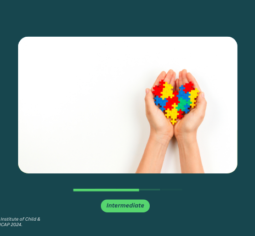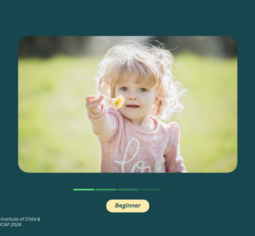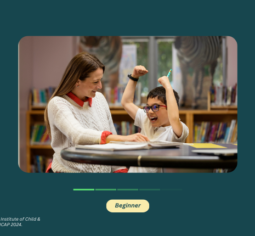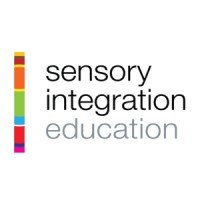Emotional Self-Care for Practitioners Working with Children with Special Educational Needs and Disabilities
Course Content
Introduction to Emotional Self-Care
-
The Importance of Emotional Well-Being
Ending a working relationship with a child
Handling Regression
Facing Criticism and Feedback
Recognizing my Strengths and Limitations
Avoiding Burnout
Quiz and Feedback
About Course
Working with children with special educational needs and disabilities (SEND) can be deeply rewarding, but it also comes with unique emotional challenges. Practitioners in this field often find themselves navigating complex situations that require high levels of empathy, patience, and resilience. This online course, “Emotional Self-Care for Practitioners Working with Children with SEND,” is specifically designed to support professionals in maintaining their emotional well-being while providing quality care and support to children with diverse needs. In it, you’ll learn how to navigate some of the most common situations you may face as a professional in this field.
Instructor
15 Courses
17 Courses


















